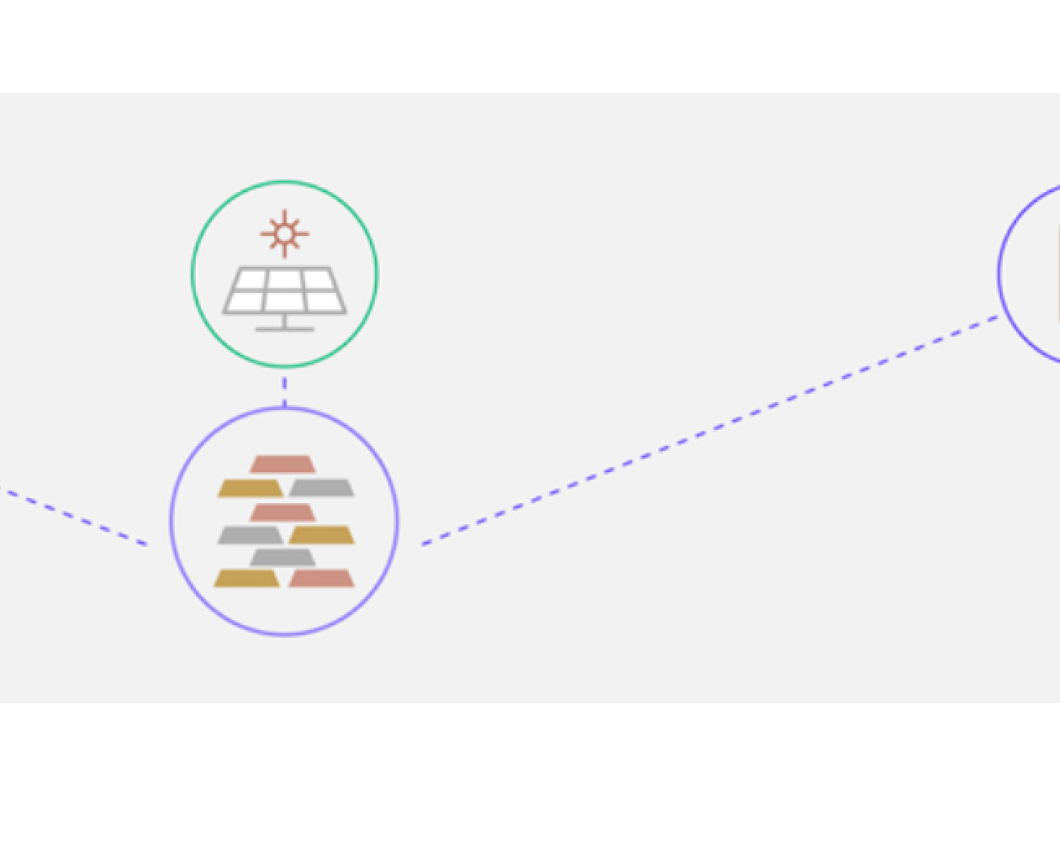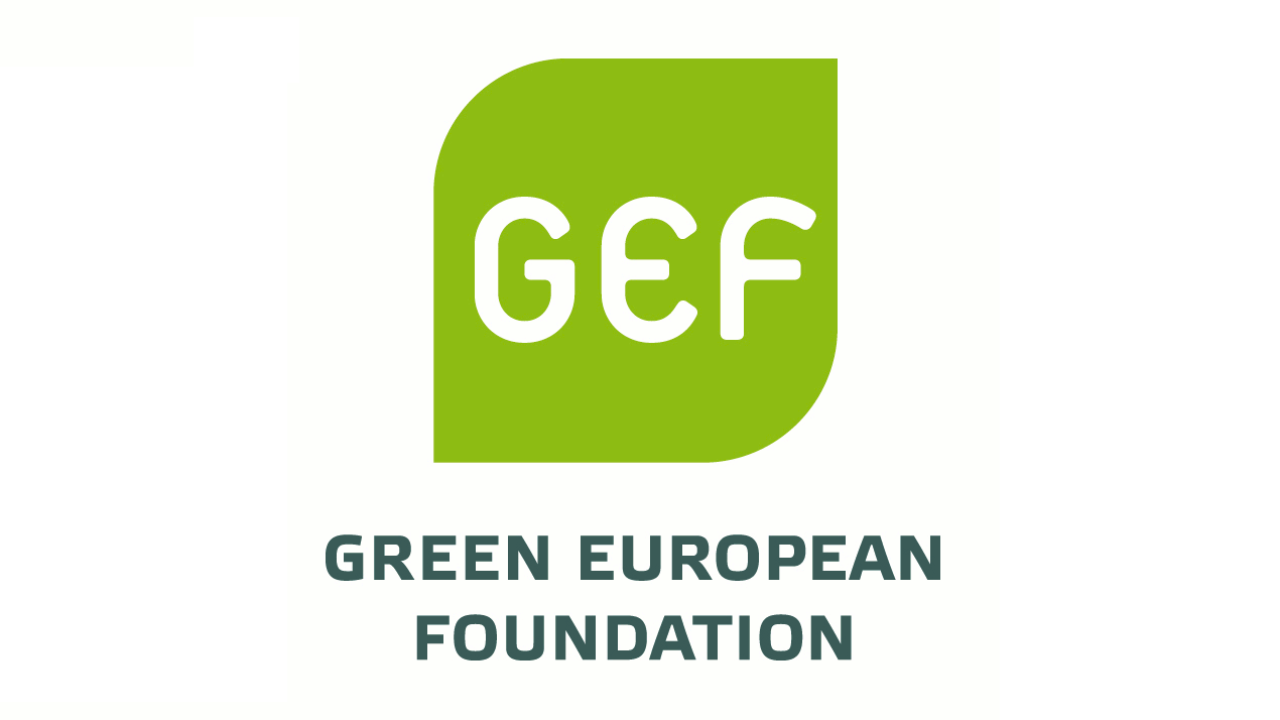4. Beyond extractivism
Value chain due diligence alone will not bring an end to extractivism, a phenomenon by which large quantities of a country’s natural resources are removed for export, with limited or no processing taking place domestically. Moving beyond extractivism requires that the developing countries that supply raw materials can choose a more sustainable path. They must be assisted in developing alternatives to large-scale mining (1) and plantation, or in acquiring the capacity to transform their raw materials into semi-finished and end products. By building up their own industry, they can capture a greater share of the value chain. This is an avenue out of poverty that many resource-rich countries in the Global South wish to take. (2)
The EU is in two minds about this development strategy. On the one hand, it supports the United Nations’ Sustainable Development Goals (SDGs), which include ‘inclusive and sustainable industrialisation’ and ‘value addition to commodities’ in developing countries. (3) On the other, it intends ‘to ensure undistorted trade and investment in raw materials in a manner that supports the EU’s commercial interests’. (4) Its trade agreements are geared towards liberalising trade in raw materials on behalf of European industry rather than regulating it for the sake of sustainable development. (5)
In 2019, the European Commission went so far as to lodge a complaint with the World Trade Organisation (WTO) against Indonesia for banning the export of nickel ores. (6) The Indonesian government wants the ores to be processed domestically. This policy of value addition seems to be working: while nickel mining is slowing down, the export of refined nickel and alloys is going up. (7) Jakarta appears to be achieving its goal of making more money with less mining.
Policy coherence for development
If the EU, through the WTO, manages to kill Indonesia’s export ban, would that lead to a more secure supply of nickel for its nascent battery industry? That is doubtful. By sticking to the old extractivist paradigm, the EU risks alienating supplier countries in the Global South. Conversely, an offer to partner up with them for low-emission metals processing within their borders might increase goodwill and trust. It would definitely increase coherence between the EU’s trade and sustainable development policies.




